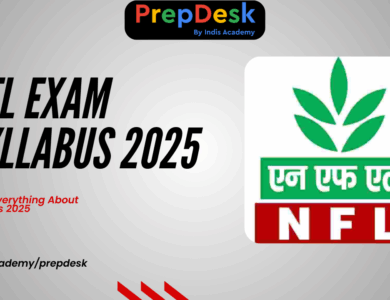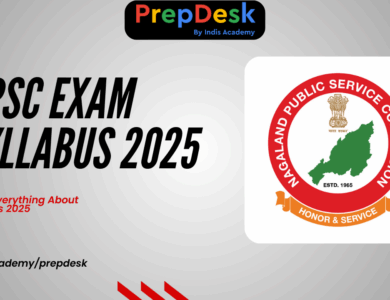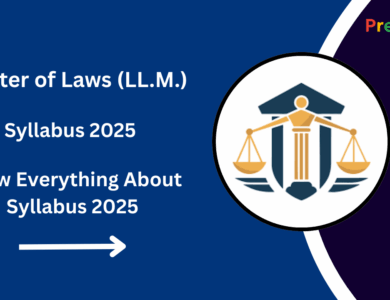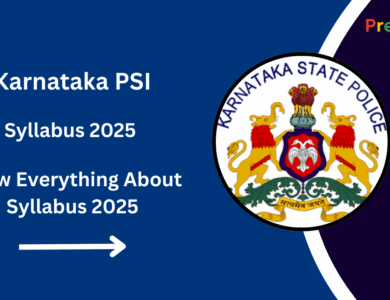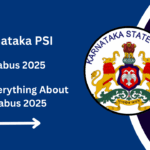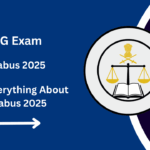UGC NET Law Syllabus 2025 – Subject-wise Topics, Exam Pattern & Guide
Download the latest UGC NET Law Syllabus 2025 PDF with detailed subject-wise topics, updated exam pattern, marks distribution & preparation tips. Perfect guide for aspirants aiming to crack the UGC NET Law exam.
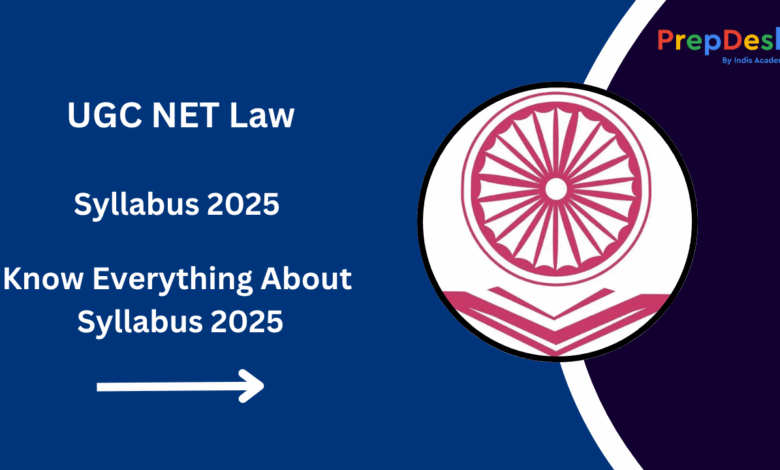
The UGC NET Law Exam (Subject Code: 58) is a prestigious national-level examination conducted by the National Testing Agency (NTA) to assess the eligibility of candidates for the posts of Assistant Professor and for the award of Junior Research Fellowship (JRF) in Indian universities and colleges. This examination is a gateway for law graduates and postgraduates aspiring for an academic career or research opportunities in legal studies. The syllabus is carefully structured to test both general teaching and research aptitude (Paper I) and comprehensive legal knowledge (Paper II).
The 2025 syllabus remains aligned with contemporary legal education, incorporating developments in constitutional law, environmental law, human rights, intellectual property rights, and more. Understanding the syllabus is the first step toward effective preparation, as it guides candidates on what to study, how to allocate time, and the depth of knowledge required.
Exam Overview
| Component | Details |
|---|---|
| Conducting Body | National Testing Agency (NTA) |
| Exam Mode | Computer-Based Test (CBT) |
| Papers & Duration | Two papers conducted together within 3 hours (180 minutes) |
| Paper I | General Teaching & Research Aptitude – 50 questions, 100 marks |
| Paper II | Law-specific Content – 100 questions, 200 marks |
| Marking Scheme | +2 marks per correct answer; No negative marking |
| Exam Frequency | Twice a year (June and December) |
| June 2025 Dates | June 21 – June 30, 2025 |
Paper I – General Syllabus
| Unit No. | Unit Title | Topics Covered |
| 1 | Teaching Aptitude | Nature, characteristics, objectives, and levels of teaching; teaching aids; evaluation systems |
| 2 | Research Aptitude | Research meaning, characteristics, and types; steps of research; methods of research; research ethics |
| 3 | Comprehension | Reading comprehension and answering questions based on a passage |
| 4 | Communication | Nature, characteristics, types, barriers, and effective classroom communication |
| 5 | Mathematical Reasoning & Aptitude | Number series, coding-decoding, reasoning, and basic numerical ability |
| 6 | Logical Reasoning | Understanding arguments, deductive and inductive reasoning, analogies |
| 7 | Data Interpretation | Interpretation of data in tables, graphs, charts; data analysis |
| 8 | Information & Communication Technology (ICT) | Basics of ICT, uses in education, digital initiatives in higher education |
| 9 | People, Development, and Environment | Environmental issues, sustainable development, natural and energy resources |
| 10 | Higher Education System | Structure of higher education in India, governance, policies, and administration |
Paper II – Law Syllabus
| Unit No. | Unit Title | Topics Covered |
| 1 | Jurisprudence | Nature & sources of law, schools of jurisprudence, law & morality, rights & duties, legal personality, property, liability, law & development, global justice, modernism & postmodernism |
| 2 | Constitutional & Administrative Law | Preamble, Fundamental Rights & Duties, DPSP, relations between executive-legislature-judiciary, emergency provisions, Election Commission, natural justice, judicial review |
| 3 | Public International Law & International Humanitarian Law | Nature/sources of international law, recognition, nationality, refugees/IDPs, extradition/asylum, UN, dispute settlement, WTO, IHL conventions & challenges |
| 4 | Law of Crimes | Actus reus & mens rea, stages of crime, general exceptions, offences (body, state, property, women, children), terrorism, drug trafficking, public tranquility |
| 5 | Law of Torts & Consumer Protection | Nature of torts, principles of liability, defenses, negligence, nuisance, trespass, defamation, strict/absolute liability, consumer protection laws |
| 6 | Commercial Law | Contract essentials (including e-contracts), breach, frustration, quasi-contract, specific contracts, Sale of Goods Act, partnership laws |
| 7 | Family Law | Marriage, divorce, maintenance, child custody, succession laws, personal laws |
| 8 | Environment & Human Rights Law | Environmental protection, human rights frameworks, international norms, sustainable development |
| 9 | Intellectual Property & IT Law | Patents, trademarks, copyrights, IT Act provisions, cyber laws, e-governance |
| 10 | Comparative Public Law & Systems of Governance | Comparative constitutional systems, federal vs unitary models, judicial systems, governance mechanisms |
Marks Distribution
| Paper | No. of Questions | Marks | Duration |
| Paper I | 50 | 100 | 3 hours combined for both papers |
| Paper II | 100 | 200 |
Recommended Books
- Paper I: KVS Madan, Trueman’s UGC NET/SET Paper 1
- Paper II:
- Jurisprudence: Paton’s Jurisprudence, Dias’s Jurisprudence
- Constitutional Law: D.D. Basu, M.P. Jain
- Criminal Law: Ratanlal & Dhirajlal
- Law of Torts: R.K. Bangia
- Commercial Law: Avtar Singh’s Contract Law
- IPR: P. Narayanan
Preparation Strategy
- Begin with Paper I, as it builds the base for general aptitude.
- Create a study timetable allocating sufficient time to each Paper II unit.
- Revise regularly and make concise notes.
- Practice with previous years’ question papers and online mock tests.
- Stay updated with recent amendments and landmark judgments.
Specialization Areas in Law
While the syllabus is fixed, candidates can later specialize in:
- Corporate and Commercial Law
- Intellectual Property Rights
- Environmental Law
- International Law
- Constitutional Studies
Conclusion
The UGC NET Law Syllabus 2025 is comprehensive, testing a candidate’s research skills, teaching aptitude, and deep legal understanding. By balancing preparation for both papers, maintaining consistent practice, and following a structured approach, aspirants can significantly improve their chances of qualifying.
FAQs
Q1. How many questions are there in Paper I and II?
Paper I: 50; Paper II: 100.
Q2. Is there negative marking?
No.
Q3. What is the exam duration?
3 hours combined for both papers.
Q4. When is the next exam?
June 21–30, 2025.
Q5. Where to download the syllabus PDF?
From ugcnet.nta.nic.in or trusted portals.
